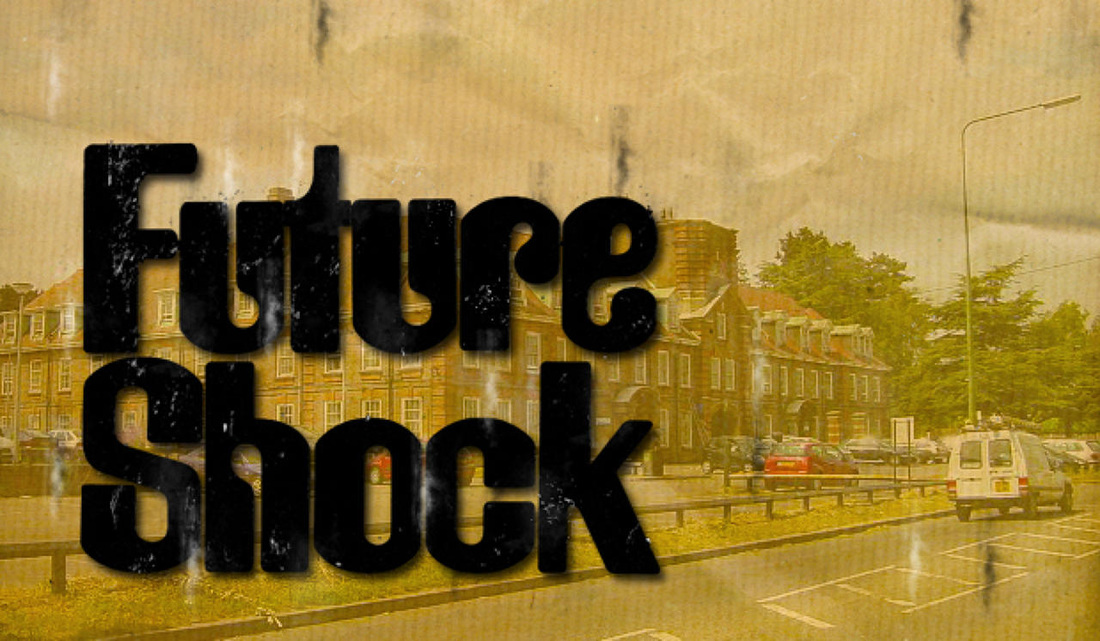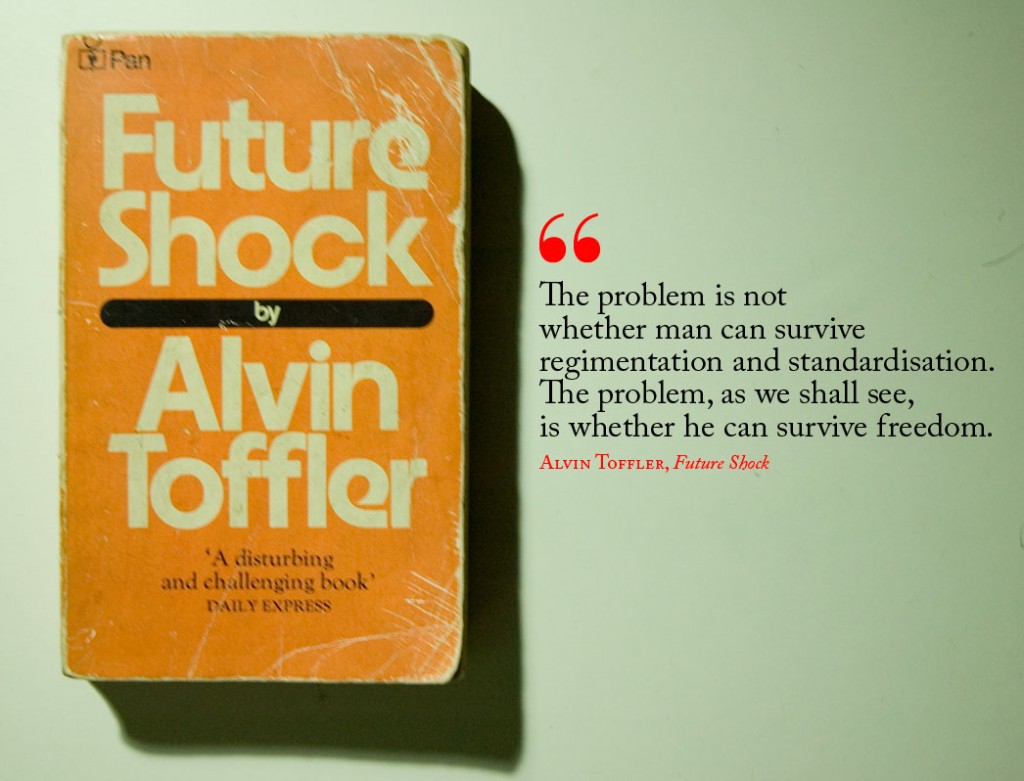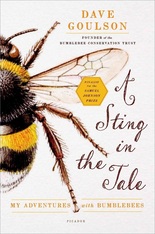|
Last week, I had the privilege of spending an entire day with the directors and executives of a highly-regarded architectural practice. The large practice has developed a great reputation over several decades for creating 'meaningful' architecture—buildings and spaces that 'fit' the surrounding environment, and that people enjoy living and working in. The job at hand was to facilitate a strategy development workshop, working with eleven capable and motivated men and women to select a course to guide the further growth and development of the practice. In essence, the day was about looking up and looking out. Using the StratCross framework and summaries of PESTEL and SWOT analyses completed prior to the workshop, we got stuck in. Before we knew it, the time was 4:30pm and the intense but enjoyable workshop was over. As we packed up, several directors indicated that the workshop had been "hugely valuable", "challenging" and "galvanising", and that they were looking forward to seeing the fruits of their labour. On the way home, my thoughts wandered, reflecting on the day and why it had been so much fun. Here's a few observations that came to mind. You may find useful for your next retreat or planning session:
So, overall it was a good day, with some observations to boot. While most attendees came away hopeful of an even brighter future for the practice, they also realised that, despite a coherent strategy (to be written up in the coming days) and a commitment to execution once approved, success is not automatic—unlike the arrows in the picture imply. A realistic way to end the day.
0 Comments
In 1970, Alvin Toffler's book Future Shock was published. It quickly became a bestseller. Toffler died recently, triggering a series of articles and reflections (including this one published in the New York Times) about his life and 'the book'. Toffler had an amazing ability to look well ahead of almost all of us, to think critically, and to make some sense of it all. Consider these observations by Manjoo in his reflection: Alvin Toffler ... warned that the accelerating pace of technological change would soon make us all sick. Yet in rereading Mr. Toffler’s book, as I did last week, it seems clear that his diagnosis has largely panned out, with local and global crises arising daily from our collective inability to deal with ever-faster change. That societies are racing with great speed to embrace new ideas and innovations, yet without the ability to cope with the consequences of high rates of change, might be one of the great problems of our age. Perhaps those in influential positions in society have a responsibility to shift their gaze, from their own ambitions towards altruistic ideas that serve the greater good? This is by no means a call to embrace utopian principles nor uniformity because we are all different. Much pragmatism is needed if society is to continue to endure. Leaders—of all types but especially business leaders, company directors, politicians and academics—could do well by (re)reading Future Shock. We need to talk about stuff, because we all have much to learn.
Recently, I had the privilege of addressing several groups of directors and executives in Brisbane, Australia on the topic of emerging governance trends. Over 200 directors of family and privately-held companies attended breakfast and dinner events hosted by TCB Solutions, Hanrick Curran and AMPLiFi Governance. The talks and the panel discussion that followed provided a candid summary of some of the challenges boards face and offered suggestions to guide boards intent on achieving high performance and good returns to shareholders. The dinner event was recorded. Clips of my talk (in two parts) and the panel discussion (in three parts) that followed are now available: If you have a question or a comment arising from these clips, or want to discuss the possibility of me speaking at an event or sharing ideas directly with your board, please get in touch. I'd be delighted to hear from you.
Guest blog: Tim Sillay (Wellington, New Zealand) I'm angry. It appears that as a society, we are hell bent on eliminating risk. There doesn't appear to be any sensible discussion on acceptable levels of risk, witness the current implementation of the health and safety legislation. When you see a site board on a building site list 'uneven ground' as a hazard, it is obvious that things have become seriously retarded. Now I'm not saying we should stand idly by and watch people bury depleted uranium, or leave boxes of dynamite laying around school playgrounds, but these futile attempts to wrap the world in cotton wool are breeding entire generations with no ability to assess or manage real world risk. What it is breeding is an entire generation of 'non-producers', paper shuffling bureaucrats whose job it is to police this whole mess. Let's face it, we've cut down all the trees in the playgrounds and removed all the really fun playground equipment, so little Johnny has no idea that walking on a slender branch will eventually result in hard contact with mother earth. You can't play bull rush or ball tag, so he also has no idea that fast moving people or things really hurt when they hit you... How are you going to figure practical application of geometry if you don't live the dream of 'tangent to the arc' on the witch’s hat? How do you figure out that some kids are better at sport, some are better at math and some are just plain stupid if everyone gets a certificate for participation. So by the time Johnny has completed his tertiary education and graduated with real world skills in something like coffee making, subsequently sued his employer for allowing him to come into contact with a hot cuppa and taken a nice safe office job as a health and safety inspector in an egalitarian agency where everyone has an opinion and everyone’s opinion matters, little Johnny, with no ability to judge what is and is not a real world risk, with no concept that someone may be smarter, more experienced or just plain crazy is the man who may eventually rise through the ranks and craft policy. With no one to argue the toss, the policy pendulum has swung firmly to the outer limit of 'no risk is acceptable' and 'all people are equals'. Which is patently ridiculous. This is just not the way the world works. This is what happens when as a country, you stop producing things. You lose the generational memory and experience of what it means to balance risk and reward. You forget that some people are good at thinking about stuff and some people just like to do stuff. The western world would not exist if it was settled under this legislation. When the thinkers start mandating to the doers, or the doers revolt against the thinkers, when you reach a point in the development of civilisation where no injury, code violation or upset feelings shall go unpunished, you are, quite frankly, fucked. But here I find a startling double standard. Let's start with a Saturday evening some three weeks ago when I received the unsettling news that a wonderful lady and long time acquaintance of ours had been murdered by her friend. Shock, disbelief, anger but most of all a sense of a grand imbalance in the fabric of the world. How can such a gentle girl have met such a violent end? What possible sequence of events led to this? How did we as a society so obsessed with the elimination of risk let this happen? And there it was, that of which we shall never speak, our old bed fellow mental health. Over the last 30 years as we moved inexorably towards this sham world of universal acceptance, equality, tolerance and non-productivity we forgot that crazy people are actually crazy. Somewhere, in spite of all the signs to the contrary, we forgot all about unacceptable risk. I fail to see the chain of logic symbolised by these responses:
Somewhere, the policy wonks ran riot over the doers, those who lived the reality of day-to-day life with the insane. I can hear the sharp intake of breath. I can hear the agonised humanitarian wails of "You can't say that". I can even hear the bean counters rationalise it on a cost basis. I bet if you listened carefully, on a quiet day where the wind is blowing in just the right direction, you'll find an actuarial report that rationalises the occasional damaged child or other collateral damage about a crazy person gone off the rails. But you'd better be whispering. We NEVER discuss this kind of thing in polite society. So here's a brief history lesson. Teenage Suicide. It was a bloody epidemic in the 80's. I lost several from the circle and it hurt. It hurt a hell of a lot. Witnessing the grieving parents of a teenage girl will stay with me forever. It was more horrendous than the senseless killing of my friend by a crazy person, in as much as there is a scale for these things. It obviously was a problem, it obviously wasn't acceptable. So what did we do as a society? WE STARTED TALKING ABOUT IT. So I applaud the news that Coroner Michael Robb is conducting an enquiry into mental health related killings. Long may it make front page news. Maybe, just perhaps, this senseless, vile, unfathomable thing is the point where we all cry ‘enough’. Guest blog: Tim Sillay (Wellington, New Zealand)
Busy-ness seems to be a fact of life for many people these days. Whether it is running between commitments, as a business person, as a parent or anything in between, downtime has become a precious commodity—one to be treasured and nurtured. Modern conveniences like unlimited wifi (including on some flights nowadays) mean we are never far away from activity and doing things that, in our own mind at least, add to our personal sense of worth. While busy-ness can be a good thing, more often than not sustained periods of busy-ness will lead to reduced effectiveness and possibly even burnout or breakdown. We get so wound up doing stuff that our world closes in around us, until we lose sight of 'why'—our True North. Loosing perspective is not good for us, or those around us. As a senior executive or company director with significant responsibilities, you no doubt have a busy schedule. How do you keep things in perspective to ensure that you are actually effective in your work? Do you have an anchor, a True North, and do you referencing back to it? For me, downtime is the key to effectiveness—slowing the heart rate; getting away from people; taking time out to explore ideas (that would not normally even register on my everyday radar); and, in so doing, remind myself of what really matters, my True North. I do that by reading. Here's a selection of the books currently on my reading list. If you read as a means of maintaining your perspective, I commend them to you. PS: What you do to keep track of your True North doesn't really matter. Go for a walk, paint, read, sew, draw or whatever else takes your fancy. That you are taking time out from the busy-ness of life is what will make the difference to your effectiveness—as paradoxical as that may seem.
It had to happen. Someone just asked one of 'those' questions. Should boards of directors communicate with shareholders? Great question Lex Suvanto! You can read his blog post here. Amongst his comments, Suvanto makes two quite startling observations: Many directors are passionately against the idea of engaging directly with shareholders. Directors also correctly point out that the board should not say anything out of step with management anyway, so they question the value of this effort, especially given limited available time that directors can devote. These observations, and others in the article raise important supplementary questions about how boards conceive their role and the mindset of directors—including these:
Ultimately, appropriate responses to these questions are straightforward if boards understand the statutory framework and directors have a clear understanding of both why boards exist and what boards (should) do (i.e., corporate governance). Directors are appointed by shareholders to ensure the effective operation of the company, in accordance with shareholder wishes (whatever they might be). If the senior-most decision-maker in the company is the board, is it not reasonable to expect the board to both understand what the shareholders want from their investment and subsequently provide an account to those that put them there? I think so. Suvanto's article contains some helpful suggestions to get started. I'm available if you want to chat further.
|
SearchMusingsThoughts on corporate governance, strategy and boardcraft; our place in the world; and other topics that catch my attention. Categories
All
Archives
May 2024
|
|
Dr. Peter Crow, CMInstD
|
© Copyright 2001-2024 | Terms of use & privacy
|











